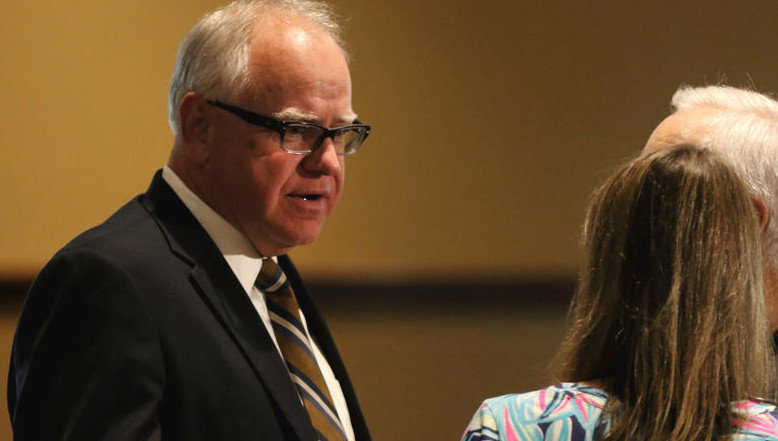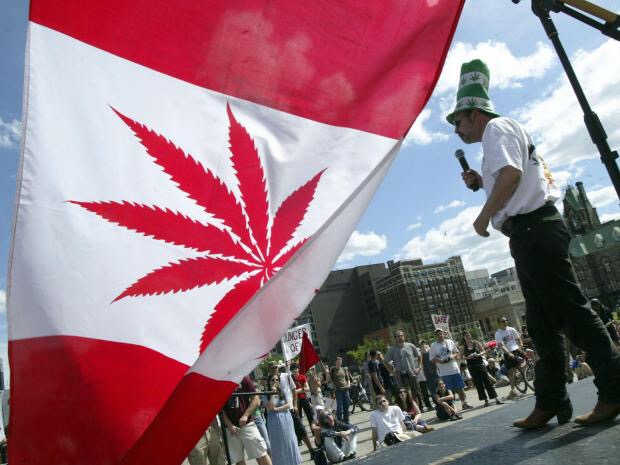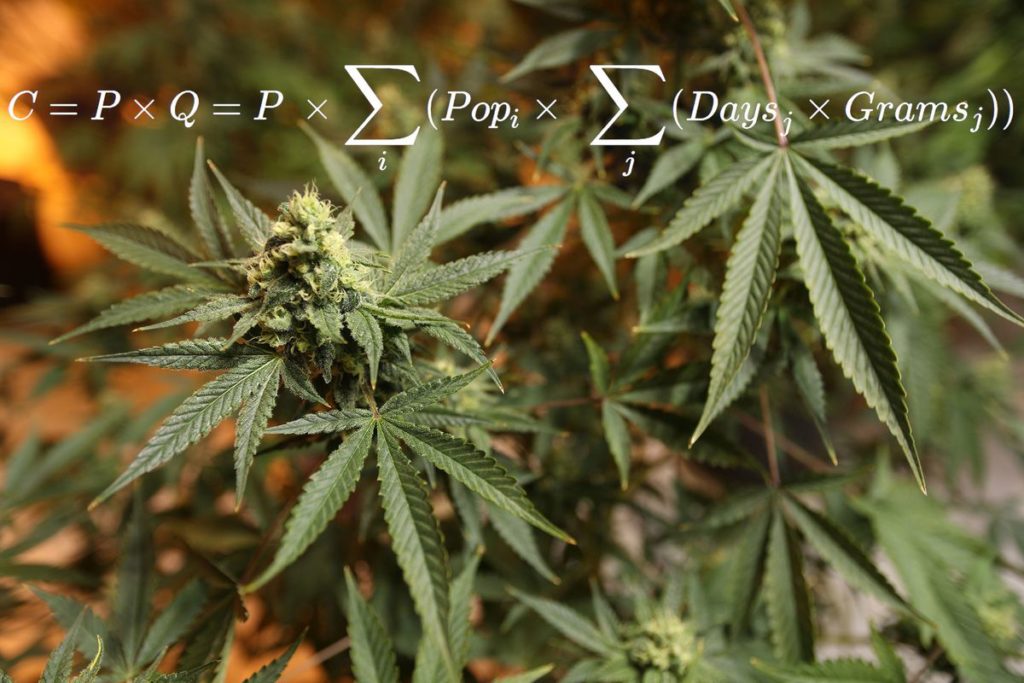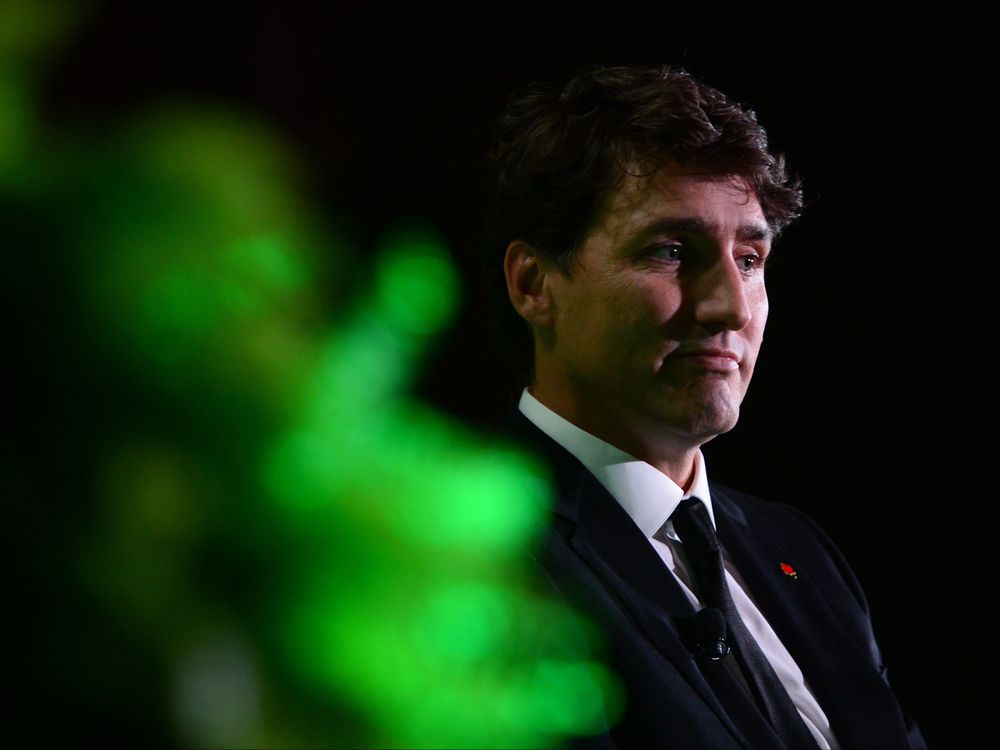Decades ago, Canada signed three international treaties, still in force, in which we agreed to ban marijuana. The federal Liberals have said that they want to legalize recreational pot by July 1, 2018.
Clearly one of those things has to go — and given how thoroughly committed the government is to legalization, it’s pretty clear which one it’s going to have to be.
To do things by the book, Canadian diplomats have to tell the United Nations that we’re withdrawing from the treaties, and for pot to be legal on July 1 of next year, that has to happen by July 1 of this year. If we miss the deadline, Canada can’t legalize marijuana before January of 2019 at the earliest.
But with 51 days to go before the deadline, it’s still not clear what the Liberals’ plans are.
That became clear in the House of Commons on Wednesday, when federal NDP justice critic Alistair MacGregor asked Prime Minister Justin Trudeau what the government was going to do about the looming deadline. Trudeau avoided answering, responding with some generic comments about legalization.
“We do have until July 1, but I think that if the government is serious about moving ahead with legalization, withdrawing from these treaties would certainly give everyone some peace of mind that they’re serious about it,” MacGregor said on Thursday.
“It’s either that, or we’re going to be in violation of them. I’m not sure which way the government wants to go, and I would just like to have a firm answer as to what their plan is.”
The federal government has no good alternative to withdrawing from (or ‘denouncing’) the three treaties. Here are the other possible strategies:
- Ignoring the issue and legalizing pot anyway puts Canada, historically a strong supporter of the UN and other international organizations, in the position of violating international law.
- Asking for an exception for marijuana specifically, but not the other drugs mentioned in the treaties would seem to make the most sense, but dozens of other countries, each with their own issues, would have to agree to let Canada do this.
- Amending the Constitution. A loophole in the treaties says that a country’s constitution takes precedence. So if we were willing to enshrine a right to recreational pot in the Constitution, right up there with freedom of speech, we could move past the treaty issue. As appealing as this might sound in some circles, it would unleash dozens of other issues, each with its own constituency. (Although, in fairness, we should add that Bolivia put a right to chew coca leaves in its constitution to use this loophole.)














